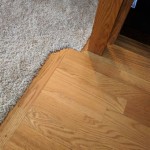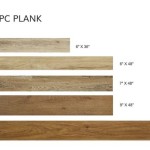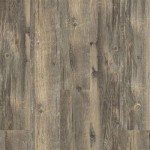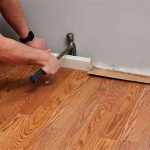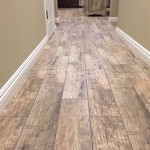Tounge and Groove Flooring: Essential Aspects
Tongue and groove flooring is a popular choice for homeowners due to its durability, ease of installation, and classic appearance. It is made from planks that have a tongue on one edge and a groove on the other, which interlock to create a strong and stable floor.
There are many different types of tongue and groove flooring available, including hardwood, laminate, and vinyl. Each type has its own advantages and disadvantages, so it is important to choose the one that is right for your needs.
Hardwood Tongue and Groove Flooring
Hardwood tongue and groove flooring is a classic choice that adds warmth and elegance to any room. It is available in a wide variety of species, colors, and finishes, so you can find the perfect look for your home.
Hardwood flooring is durable and long-lasting, but it can be more expensive than other types of flooring. It is also important to note that hardwood flooring requires regular maintenance to keep it looking its best.
Laminate Tongue and Groove Flooring
Laminate tongue and groove flooring is a budget-friendly alternative to hardwood flooring. It is made from a high-density fiberboard core with a photographic image of wood or other materials on the surface. Laminate flooring is durable, easy to clean, and resistant to fading and wear.
However, laminate flooring is not as durable as hardwood flooring, and it cannot be refinished. It is also important to note that laminate flooring can be damaged by water.
Vinyl Tongue and Groove Flooring
Vinyl tongue and groove flooring is a waterproof and durable option that is perfect for kitchens, bathrooms, and other areas where moisture is a concern. It is made from a resilient material that is resistant to scratches, dents, and wear.
Vinyl flooring is also easy to clean and maintain, making it a great choice for busy families. It is available in a wide variety of colors and styles, so you can find the perfect look for your home.
Installation of Tongue and Groove Flooring
Tongue and groove flooring is relatively easy to install, but it is important to follow the manufacturer's instructions carefully. The first step is to prepare the subfloor by making sure it is level and smooth. You will then need to install a vapor barrier to protect the flooring from moisture.
Once the vapor barrier is in place, you can begin installing the tongue and groove planks. Start by installing the first plank along one wall, making sure that the tongue is facing the wall. Tap the plank into place using a hammer or a tapping block.
Continue installing the planks by interlocking the tongue and groove joints. Be sure to tap the planks snugly into place, but do not overtighten them.
Once all of the planks are installed, you will need to trim the last plank to fit. You can then install the baseboards and moldings to complete the installation.
Maintenance of Tongue and Groove Flooring
Tongue and groove flooring is relatively easy to maintain. Regular sweeping or vacuuming will help to remove dirt and debris. You can also mop the floor with a damp mop as needed.
It is important to avoid using harsh chemicals or cleaners on tongue and groove flooring, as these can damage the finish. You should also avoid dragging heavy objects across the floor, as this can scratch or dent the surface.
:max_bytes(150000):strip_icc()/157194634-56a49f463df78cf772834e9f.jpg?strip=all)
What Is Tongue And Groove Flooring

All You Need To Know About Tongue And Groove Flooring Installation Reallyfloors America S Est Hardwood

5 Essential Tips For Tongue And Groove Flooring District Floor Depot

Tongue And Groove Vs Wood Flooring Direct

Everything You Need To Know About Tongue And Groove Flooring Blog

Tongue Or Groove Which To Install First

Tongue And Groove Floorboards Made From Untreated Pine

Tongue And Groove Vs Wood Flooring Direct

Tap Or Tongue Groove From The Forest Llc

Buy 133x12 Tas Oak Tongue Groove Overlay Flooring Per Linear Meter

